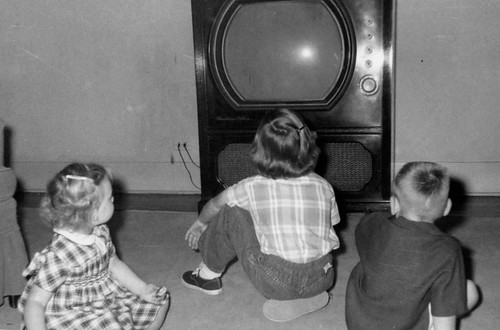“Someone born in 1960 has watched something like 50,000 hours of television already. Fifty thousand hours—more than five and a half solid years.”

Sweet Mother of God! I can tack another 7 or 8 years on that. That daunting stat is from an article in latest issue of WIRED Magazine in which Clay Shirky and Daniel Pink share some thoughts on what Mr. Shirky calls the “cognitive surplus”:
“Television was a solitary activity that crowded out other forms of social connection. But the very nature of these new technologies fosters social connection—creating, contributing, sharing. When someone buys a TV, the number of consumers goes up by one, but the number of producers stays the same. When someone buys a computer or mobile phone, the number of consumers and producers both increase by one. This lets ordinary citizens, who’ve previously been locked out, pool their free time for activities they like and care about. So instead of that free time seeping away in front of the television set, the cognitive surplus is going to be poured into everything from goofy enterprises like lolcats, where people stick captions on cat photos, to serious political activities like Ushahidi.com, where people report human rights abuses.”
“Cognitive Surplus.” I love the very idea of that. I’m not sure I would be a better person had I spent those 50,000+ hours blogging instead of watching Maverick, but I would be different. And if I had to choose today, it would be an easy call. Come to think of it, I am choosing.
